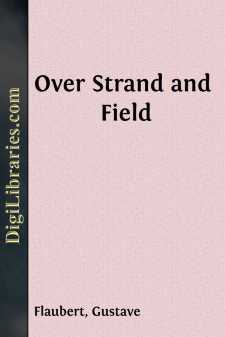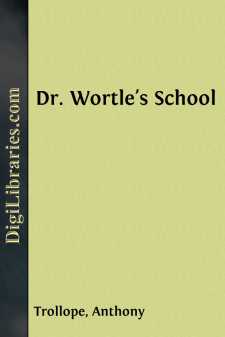Categories
- Antiques & Collectibles 13
- Architecture 36
- Art 48
- Bibles 22
- Biography & Autobiography 813
- Body, Mind & Spirit 142
- Business & Economics 28
- Children's Books 15
- Children's Fiction 12
- Computers 4
- Cooking 94
- Crafts & Hobbies 4
- Drama 346
- Education 46
- Family & Relationships 57
- Fiction 11828
- Games 19
- Gardening 17
- Health & Fitness 34
- History 1377
- House & Home 1
- Humor 147
- Juvenile Fiction 1873
- Juvenile Nonfiction 202
- Language Arts & Disciplines 88
- Law 16
- Literary Collections 686
- Literary Criticism 179
- Mathematics 13
- Medical 41
- Music 40
- Nature 179
- Non-Classifiable 1768
- Performing Arts 7
- Periodicals 1453
- Philosophy 64
- Photography 2
- Poetry 896
- Political Science 203
- Psychology 42
- Reference 154
- Religion 513
- Science 126
- Self-Help 84
- Social Science 81
- Sports & Recreation 34
- Study Aids 3
- Technology & Engineering 59
- Transportation 23
- Travel 463
- True Crime 29
The German Classics of the Nineteenth and Twentieth Centuries, Volume 07 Masterpieces of German Literature Translated into English. in Twenty Volumes
by: Various
Categories:
Description:
Excerpt
THE LIFE OF GEORG WILHELM FRIEDRICH HEGEL
BY J. LOEWENBERG, PH.D.
Assistant in Philosophy, Harvard University
Among students of philosophy the mention of Hegel's name arouses at once a definite emotion. Few thinkers indeed have ever so completely fascinated the minds of their sympathetic readers, or have so violently repulsed their unwilling listeners, as Hegel has. To his followers Hegel is the true prophet of the only true philosophic creed, to his opponents, he has, in Professor James's words, "like Byron's corsair, left a name 'to other times, linked with one virtue and a thousand crimes.'"
The feelings of attraction to Hegel or repulsion from him do not emanate from his personality. Unlike Spinoza's, his life offers nothing to stir the imagination. Briefly, some of his biographical data are as follows: He was born at Stuttgart, the capital of Würtemberg, August 27, 1770. His father was a government official, and the family belonged to the upper middle class. Hegel received his early education at the Latin School and the Gymnasium of his native town. At both these institutions, as well as at the University of Tübingen which he entered in 1788 to study theology, he distinguished himself as an eminently industrious, but not as a rarely gifted student. The certificate which he received upon leaving the University in 1793 speaks of his good character, his meritorious acquaintance with theology and languages, and his meagre knowledge of philosophy. This does not quite represent his equipment, however, for his private reading and studies carried him far beyond the limits of the regular curriculum. After leaving the University he spent seven years as family tutor in Switzerland and in Frankfurt-on-the-Main. Soon after, in 1801, we find him as Privat-Docent; then, in 1805, as professor at the University of Jena. His academic activities were interrupted by the battle of Jena. For the next two years we meet him as an editor of a political journal at Bamberg, and from 1808 to 1816 as rector of the Gymnasium at Nuremberg. He was then called to a professorship of philosophy at Heidelberg. In 1818 he was called to Berlin to fill the vacancy left by the death of Fichte. From this time on until his death in 1831, he was the recognized dictator of one of the most powerful philosophic schools in the history of thought.
It is no easy task to convey an adequate idea of Hegel's philosophy within the limits of a short introduction. There is, however, one central thought animating the vast range of his whole philosophic system which permits of non-technical statement. This thought will be more easily grasped, if we consider first the well-known concept of permanence and change. They may be said to constitute the most fundamental distinction in life and in thought. Religion and poetry have always dwelt upon their tragic meaning. That there is nothing new under the sun and that we are but "fair creatures of an hour" in an ever-changing world, are equally sad reflections. Interesting is the application of the difference between permanence and change to extreme types of temperament....






















